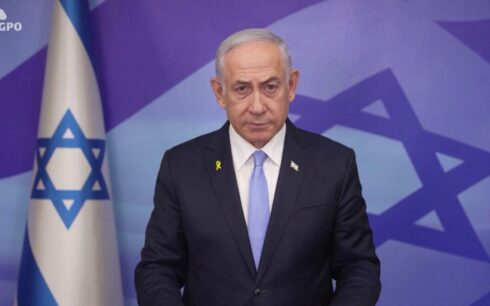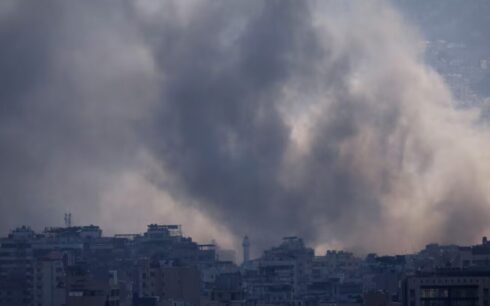ISLAMABAD, Pakistan — Filippo Grandi, the United Nations High Commissioner for Refugees, commenced a three-day visit to Pakistan on Sunday, focusing on the challenges faced by Afghan refugees and Islamabad’s repatriation plans, a UNHCR spokesperson said as quoted by Pakistani media.
Grandi met with Afghan refugees and asylum seekers in Peshawar, where he was briefed on their difficulties by a delegation of both registered refugees and those who arrived following the Taliban’s takeover in August 2021. “The UNHCR chief assured Afghan refugees that he would discuss all issues with Pakistani officials,” said spokesperson Qaisar Afridi.
During his visit, Grandi also met with Amir Muqam, Pakistan’s Minister for States and Frontier Regions (SAFRON), in Peshawar. The SAFRON ministry oversees matters related to Afghan refugees. “Pakistan has been hosting Afghan refugees for 40 years despite serious economic difficulties,” Muqam told Grandi, according to an official statement.
This marks Grandi’s first visit to Pakistan since the country announced a plan to repatriate “illegal foreigners” in October last year. The Taliban in Afghanistan responded angrily to Pakistan’s decision, calling for an end to the operation. Since November 1, 2023, nearly 500,000 undocumented Afghans have been repatriated, with officials estimating that about 1.7 million illegal Afghans remain in Pakistan.
“The refugee issue is becoming complicated worldwide. Conflicts are leading to refugee crises, and attention must be paid to resolving these conflicts,” Minister Muqam emphasized to Grandi.
The UNHCR delegation, led by Grandi, praised Pakistan for its long-standing support of Afghan refugees. Formal talks between the UNHCR and Pakistani officials are scheduled to take place in Islamabad on Monday, the second day of Grandi’s visit. The UNHCR has previously expressed concerns over Pakistan’s policy for undocumented foreigners, as it also pressures registered refugees and those with valid documents.
Refugee Commissioner Abbas Khan dismissed media reports suggesting that Pakistan had begun deporting individuals holding Afghan Citizen Cards (ACC). “Decisions regarding ACC holders will be made in consultation with all stakeholders, including Afghanistan and the UNHCR,” Khan stated. The ACCs, issued in 2017, cover over 800,000 Afghans, according to UNHCR data. Additionally, there are 1.3 million registered Afghans holding Proof of Registration (PoR) cards. Since the Taliban’s return to power, approximately 700,000 Afghans have arrived in Pakistan, with around 75,000 resettling in third countries.
Grandi’s visit underscores the ongoing challenges and complex dynamics of the Afghan refugee situation in Pakistan, as both countries and international bodies seek sustainable solutions for those displaced by conflict.





